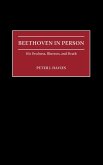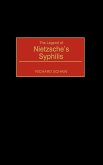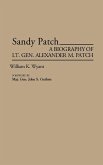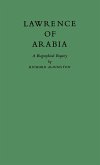Maxim Gorky, born Aleksei Maksimovich Peshkov in 1868 to the low stratum of Russian society, rose to prominence early in life as a writer and publicist. Gorky, who did not have a formal education, became famous in his country and abroad. Writing could not satisfy the rebellious Gorky who soon became involved in revolutionary movements. After a short period with the populist/narodnik movement, Gorky became disillusioned with the peasant class, and, instead, he chose the nascent class of workers as the vehicle for change. It is as if Gorky and capitalism arrived in Russia together. In his view the intelligentsia and the workers would bring about the change in the political, social, and cultural life of the country. Gorky came close to Lenin and the Bolsheviks, taking an active part in the Revolution of 1905 and going into an exile that lasted until 1913. Gorky, returning home on the eve of World War I and the following revolutions of February and October 1917, became involved in the momentous developments. He vehemently opposed Lenin's socialist revolution, maintaining that Russia was not ready for it. A second exile followed in 1921. After returning in 1928 to Stalin's Soviet Union, Gorky was made into an icon, with the eye of the inquisition watching over him. And here began what is often called The Tragedy of Maxim Gorky. He died in 1936, but the circumstances of his death as well as the question whither Gorky is still debated Based on hitherto unavailable primary sources, Yedlin has cut through the Gorky legend to show the real person, the Gorky of contradictions and oscillations. Fascinating reading for scholars and students of Russian history and literature as well as the general public.
Hinweis: Dieser Artikel kann nur an eine deutsche Lieferadresse ausgeliefert werden.
Hinweis: Dieser Artikel kann nur an eine deutsche Lieferadresse ausgeliefert werden.








